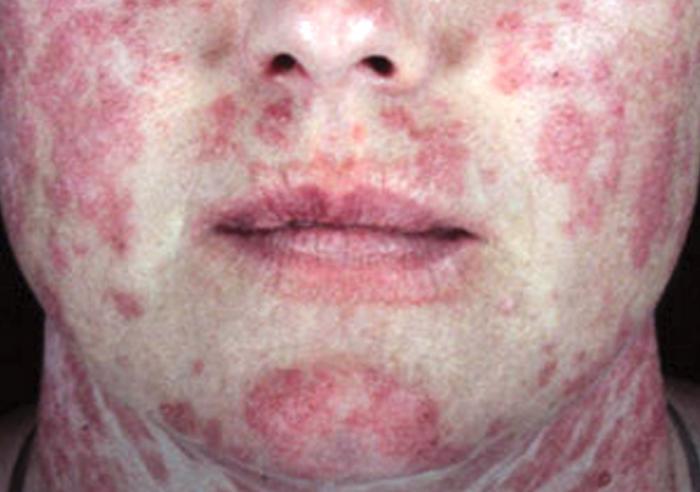|
A foodborne disease, listeriosis is caused by the bacterium Listeria monocytogenes and rarely by bacterium Listeria ivanovii which is different from other germs because it can grow even in cold temperature, including the refrigerator. This bacterium was recognized as a major foodborne pathogen in the latter part of the 20th century.
Foodborne listeriosis is one of the most serious and severe foodborne diseases but a rare occurrence. It affects only 0.1 to 10 cases per 1 million people every year region-wise. When the occurrence is so rare, what makes it so dreadful is the high death rates due to the infection which makes it an important public health concern. Sources Foods that cause listeriosis mainly fall under two categories:
High-risk Category Though not age-specific, this disease primarily affects newborns, pregnant women, elderly people and adults with weakened immune systems. Healthy people are the rarest of the rare to be affected by listeriosis.
It is possible to minimize your risk of food poisoning by ensuring certain things.
When diagnosed at an initial stage, listeriosis is easy to treat. Antibiotics are generally used to treat this illness and infections during pregnancy should immediately be dealt using antibiotics to prevent infections of the fetus or newborn. A Major Foodborne Illness in our Country Listeria monocytogenes are the second deadliest foodborne microbes after Salmonella. Developed and under-developed countries have decreased awareness of the disease. Ready-to-eat foods have become an indispensable part of our lives and hence, acquiring the bacteria Listeria is inevitable. Power cuts are also regularly seen across the entire nation and refrigerating foods at a particular temperature continuously in these conditions is impossible. Produce such as cabbages, coriander, broccoli, cantaloupe, watermelon and apple are said to contain maximum pathogens. In such conditions, we must take extra care to follow the suggestions mentions above to minimize risk. Comments are closed.
|
AVOID FRAUD. EAT SMART.+91 7846 800 800
AuthorDietitian & Nutritionist Dr. Nafeesa Imteyaz. Archives
November 2022
Categories
All
Dr. Nafeesa's Blog @blogspot |
- Home
- Written Testimonials
- Consult
- Clinics
- Blogs
-
Diet & Nutrition
- Diabetes Reversal
- IVF IUI not needed for PCOS PCOD Infertility
-
Medical Nutrition
>
-
Disease & Conditions
>
- Infertility | PCOS
- Diabetes Mellitus
- Cholesterol
- Hypothyroid
- Kidney Problems
- Hypertension
- Cardiovascular Diseases
- Liver Diseases
- Gastro intestinal disorder
- Cancer
- Metabolic Disorders
- Orthopedic Disorders
- Eating Disorders
- Dietary Recall
- Weight Record Filled By Clients
- Online Payment Transaction Details
- Online Clients Weight Check Form
- Our Program Package Service Charges
- Weight Record 2017 Clients
- Measurements sent by Clients
- Terms & Conditions Of Payment
- Thanks. Your Form is Submitted
- Video Testimonials
- Lifestyle & Wellness
- Lifestyle & Wellness Blog
- Allergy & Intolerance
- Weight Loss / Gain
- Weight Loss / Slimming Blog
-
Disease & Conditions
>
- Life Cycle Nutrition >
- Sports Nutrition >
- Integrity in Nutrition
- Knowledge Centre
© COPYRIGHT 2022. ALL RIGHTS RESERVED. FRST HEALTHCARE PVT LTD.
Dr. Nafeesa Imteyaz of First Eat Right clinic, is the Best Dietitian Nutritionist in Bangalore. Best Dietitian Nutritionist in Pune. Best Dietitian Nutritionist in Hyderabad. Best Dietitian Nutritionist in Chennai. Best Dietitian Nutritionist in Mumbai. Best Dietitian Nutritionist in Delhi. Best Dietitian Nutritionist in Kolkata.


